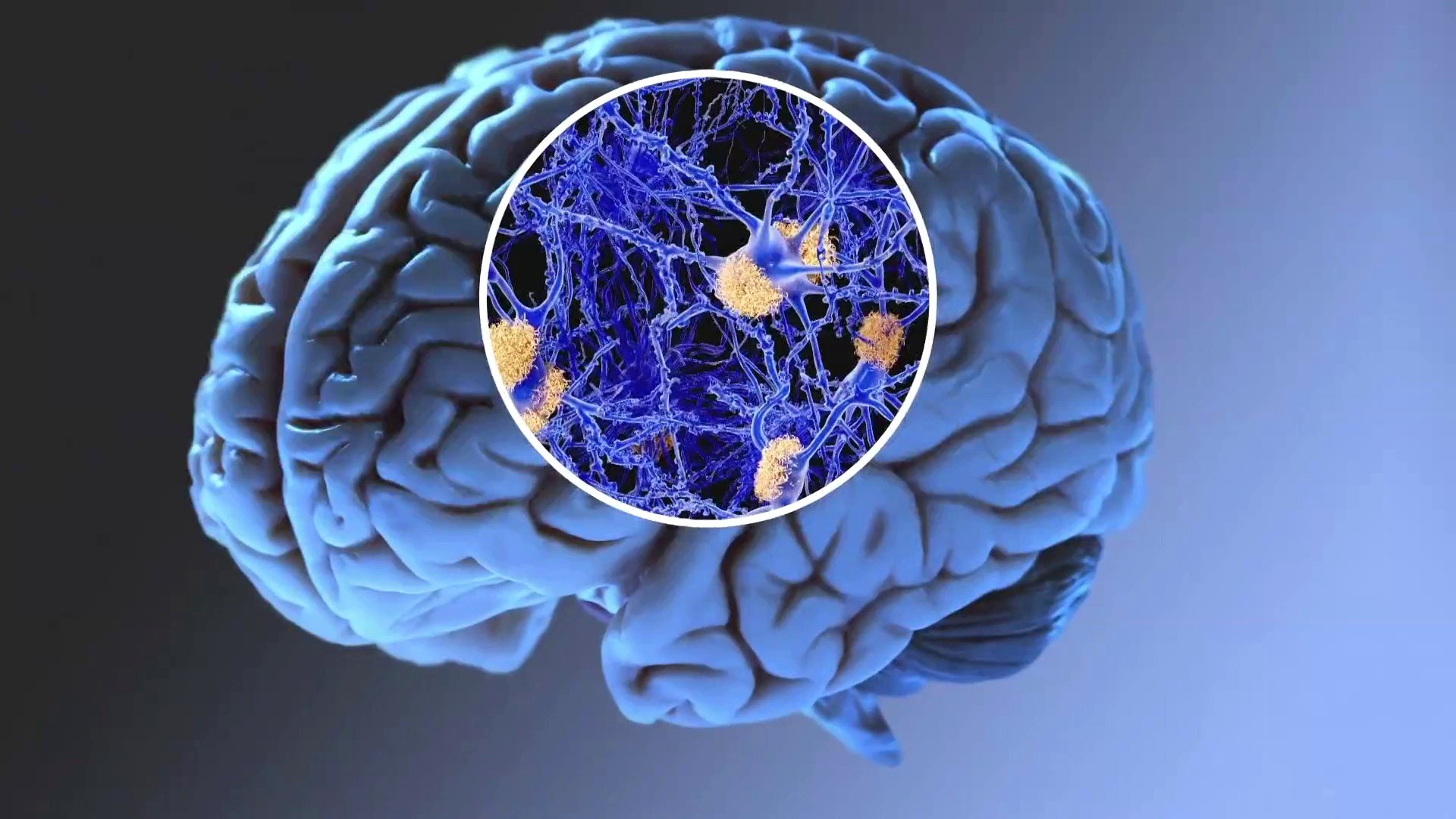Plant-Based Polyphenols Offer Novel Strategy to Combat Alzheimer’s Disease
Scientists have made a significant breakthrough in the fight against Alzheimer’s disease (AD) by discovering that naturally occurring plant-based polyphenols, such as tannic acid found in trees like Chestnut and Oak, can effectively modulate the ferroptosis-AD axis. Alzheimer’s is a neurodegenerative disorder characterized by memory and cognitive decline, with no known cure.
The study, led by scientists at the Jawaharlal Nehru Centre for Advanced Scientific Research (JNCASR), found that polyphenols like tannic acid can ameliorate ferroptosis in AD. They inhibit protein aggregation, reduce oxidative stress, rescue mitochondrial function, and inhibit ferroptosis. Additionally, tannic acid acts as both an activator and enhancer of GPX4, a crucial enzyme in the ferroptosis pathway. This breakthrough offers a promising strategy for addressing the complex interplay between ferroptosis and Alzheimer’s disease.
What is ferroptosis, and why is it significant in the context of Alzheimer’s disease (AD)?
Ferroptosis is an iron-dependent form of programmed cell death. It is significant in AD because several characteristics of AD, including abnormal iron buildup, lipid peroxidation, and reduced GPX4 activity, align with ferroptosis features.
Why is the discovery of tannic acid as a GPX4 activator significant for AD treatment?
Tannic acid’s ability to activate and enhance GPX4, even under AD pathological conditions, offers a promising strategy for tackling AD and ferroptosis simultaneously.
How does this discovery open up new avenues for drug development and treatment of AD?
This discovery may inspire the development of new and derivative compounds based on natural polyphenols, enhancing therapeutic efficacy against AD.
What potential benefits does this breakthrough offer for patients with neurodegenerative diseases like AD?
This research not only addresses specific neurological challenges but also contributes to scientific knowledge, validating new disease mechanisms and offering therapeutic avenues for neurodegenerative diseases like AD.
Month: Current Affairs - September, 2023
Category: Science & Technology Current Affairs







